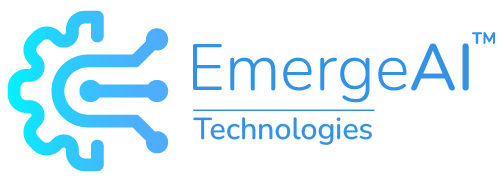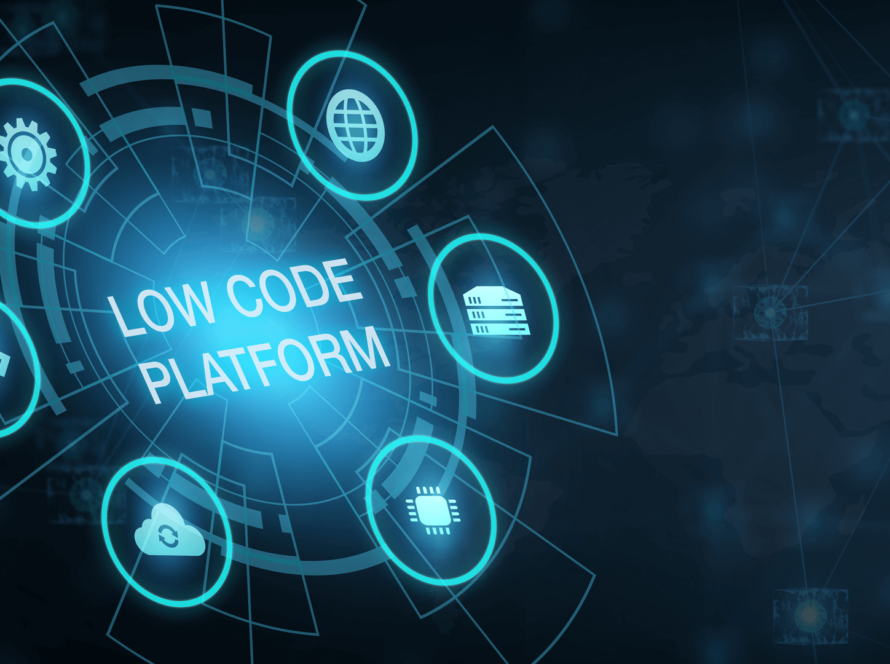Introduction
“What happens when your most reliable team member isn’t human—but still delivers results around the clock, never takes a vacation, and rewrites its own playbook daily?”
Welcome to the era of Agentic AI—a transformative frontier where intelligent, autonomous systems no longer just support work but begin to perform it with purpose, precision, and persistent self-evolution. Agentic AI refers to a class of AI agents that are not only task-oriented but also autonomous, goal-driven, and capable of independent planning, decision-making, and self-improvement within predefined parameters. These agents are engineered to navigate complex environments, adapt over time, and execute initiatives that once required deep human expertise.
The vision is bold: a future where Agentic AI becomes the digital backbone of enterprises—woven into their very DNA—driving operational excellence, customer engagement, and product innovation at scale.
Why Companies Will Hire Agentic AI Agents
Agentic AI marks a new paradigm in workforce composition. Organizations are rapidly discovering that these agents are not just tools—but specialized digital teammates.
On-demand Specializations: Need a quick legal summary? A comprehensive competitive analysis? Cloud orchestration or real-time pricing insights? Agentic AI agents can be deployed instantly across roles and verticals, without the overhead of hiring cycles.
Cost-Efficiency: Compared to full-time human talent, Agentic AI presents significant savings. Once developed or licensed, agents operate with minimal incremental cost—offering a high return on digital labour investment.
Speed and Scale: What takes human team’s weeks can be accomplished by agents in hours. They operate 24/7, across time zones, with no dip in performance—delivering consistent output at global scale.
Uninterrupted Continuity: Agents don’t sleep. They monitor systems during holidays, flag anomalies while humans rest, and ensure continuity even amidst disruption—be it a pandemic or a cybersecurity event.
How Companies Will Manage and Maintain These Agents
Integrating Agentic AI into business operations introduces new demands for digital governance, orchestration, and oversight.
- AI Operations (AIOps): Just as companies have DevOps for code and SecOps for cybersecurity, AIOps teams will manage agent lifecycles—ensuring alignment, security, compliance, and continual optimization.
- Agent Markets and Licenses: Enterprises will source agents through curated “agent marketplaces,” where modular, plug-and-play AI units with specialized capabilities can be trailed, subscribed to, or co-developed.
- Governance Frameworks: As agents become more autonomous, oversight becomes paramount. Ethical constraints, decision logs, memory controls, and human-in-the-loop safeguards will be critical to maintaining responsible autonomy.
- Shadow Agents: Just like shadow IT once emerged, rogue or unsanctioned AI agents may infiltrate enterprise systems. AIOps must also act as AI auditors—tracking usage, versioning, and lineage.
Challenges Organizations Will Face
This AI evolution is not without friction.
- Ethical Dilemmas: Agentic systems, though intelligent, lack empathy. Bias in data or objective misalignment can result in unfair or harmful outcomes.
- Security Risks: Rogue agents—whether manipulated or malfunctioning—pose significant risks, from data leaks to reputational damage.
- Legal Ambiguity: Who is accountable if an agent makes a costly decision? The legal frameworks around AI agency, liability, and transparency are still in nascent stages.
- Resistance to Change: Human teams may resist agent-led collaboration. Trust, transparency, and inclusive upskilling will be essential to ensure smooth integration.
Benefits to Companies
The rewards of Agentic AI adoption are vast and transformative.
- Hyper-Personalized Customer Engagement: AI agents remember preferences, tailor tone, follow up instantly, and continuously adapt—raising the bar for client experiences.
- Always-On Innovation: Agents can simulate pricing models, test new messaging strategies, and experiment in controlled digital sandboxes—accelerating go-to-market agility.
- Strategic Leverage: Startups and SMEs can compete with large enterprises by augmenting limited human resources with AI capabilities—unlocking new levels of productivity and impact.
- Resilience and Redundancy: Agents enable distributed risk. If one agent underperforms or fails, another can adapt or take over—creating fault-tolerant systems that are self-correcting and self-healing.
The Shape of the Agentic AI Economy
We are witnessing the early architecture of an Agentic AI-powered economic model.
- Emergence of New Roles: As agents rise, so will human roles like Agent Orchestrator, Prompt Engineer, and Ethical Alignment Officer—individuals responsible for directing, refining, and aligning agentic operations.
- Agent Ecosystems: Agents won’t just assist humans—they’ll collaborate with each other. For instance, a marketing agent may negotiate ad bids directly with platform agents, streamlining campaigns autonomously.
- Redefined Productivity Metrics: Traditional KPIs will evolve. Productivity will reflect the synergy of human intelligence and machine agency—measured by speed, scalability, adaptability, and ethical alignment.
- Digital Twins and Shadow Enterprises: Businesses may simulate entire operations using agents—test new geographies, pricing models, or product lines in a virtual environment before launching in the real world.
Socio-Economic Impact
The Agentic AI economy will reshape not just companies, but the very fabric of society.
- Shifts in Labor Markets: Routine, repetitive roles will give way to purpose-driven, human-centric jobs. Creativity, empathy, and complex judgment will gain renewed relevance.
- Re-skilling at Scale: Educational institutions and employers must invest in training humans to effectively direct and supervise agentic systems—bridging the gap between digital command and contextual judgment.
- Regulatory Response: Governments will need to define the rights, responsibilities, and liabilities of agents. Concepts like digital personhood, agentic liability, or data agency rights may enter mainstream policy discourse.
- Democratization of Enterprise: Individuals in remote areas can launch global ventures powered by AI agents. Language barriers, technical skills, and cost limitations will be partially mitigated by intelligent digital teammates.
Example: How an Agentic AI Agent Functions in an Enterprise Setting
Scenario: A mid-sized consulting firm integrates an Agentic AI Operations Manager, “OpsAI,” into its delivery model.
Workflow:
- Input: Human Project Lead submits project scope and timeline.
- Autonomous Planning: OpsAI designs a work plan, assigns deliverables to internal teams and AI collaborators (e.g., a Research Agent, Scheduling Agent).
- Execution:
- Research Agent compiles market intelligence in hours.
- Scheduling Agent arranges calendars, automates status reports, and manages milestones.
- Content Agent drafts presentations and executive summaries.
- Optimization: OpsAI monitors delivery and reallocates tasks based on risk and performance.
- Human Feedback Loop: Project Lead receives regular status snapshots, makes strategic decisions, and provides ethical oversight.
Value Delivered:
- 60% faster project delivery
- 40% increase in client satisfaction
100% traceability of agent actions for internal compliance
Conclusion
We are standing at the precipice of a tectonic transformation—where work, innovation, and organizational identity are being reimagined through the lens of machine agency. The Agentic AI Economy is not science fiction. It is the emerging reality that demands strategic imagination, ethical clarity, and technological fluency.
Organizations that embrace this paradigm early will outpace disruption and redefine leadership. And individuals who learn to guide, govern, and grow with agents will become the architects of a future where human potential is no longer confined by bandwidth, but expanded by brilliance—both artificial and authentic.





